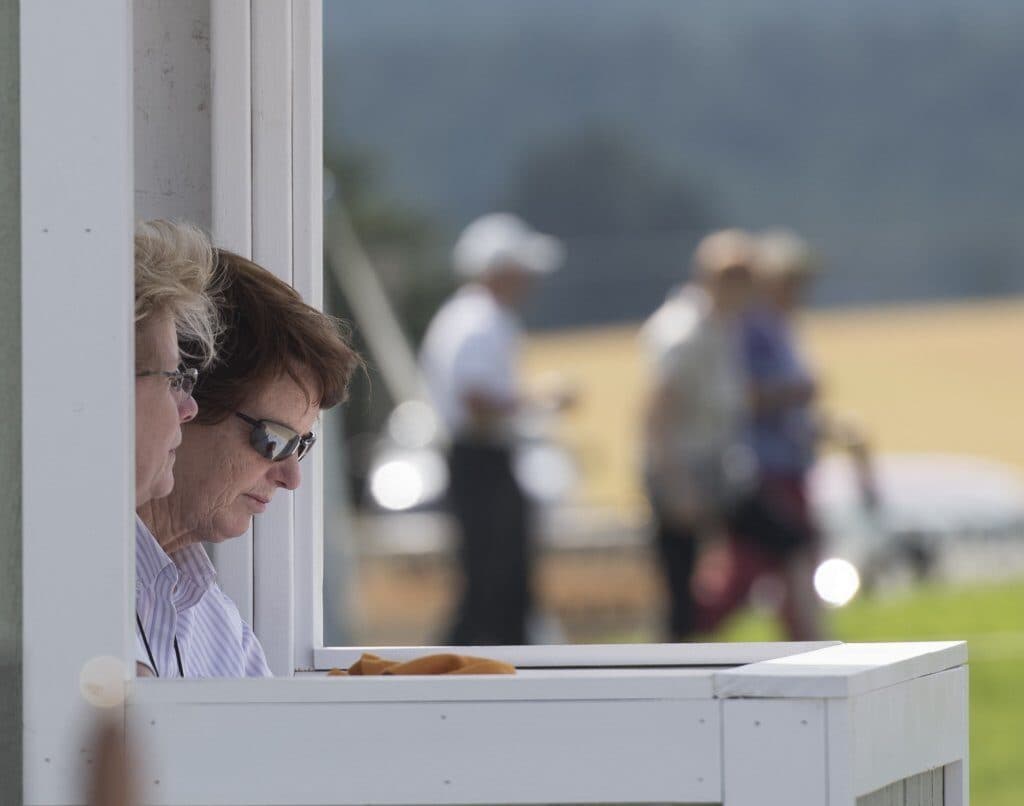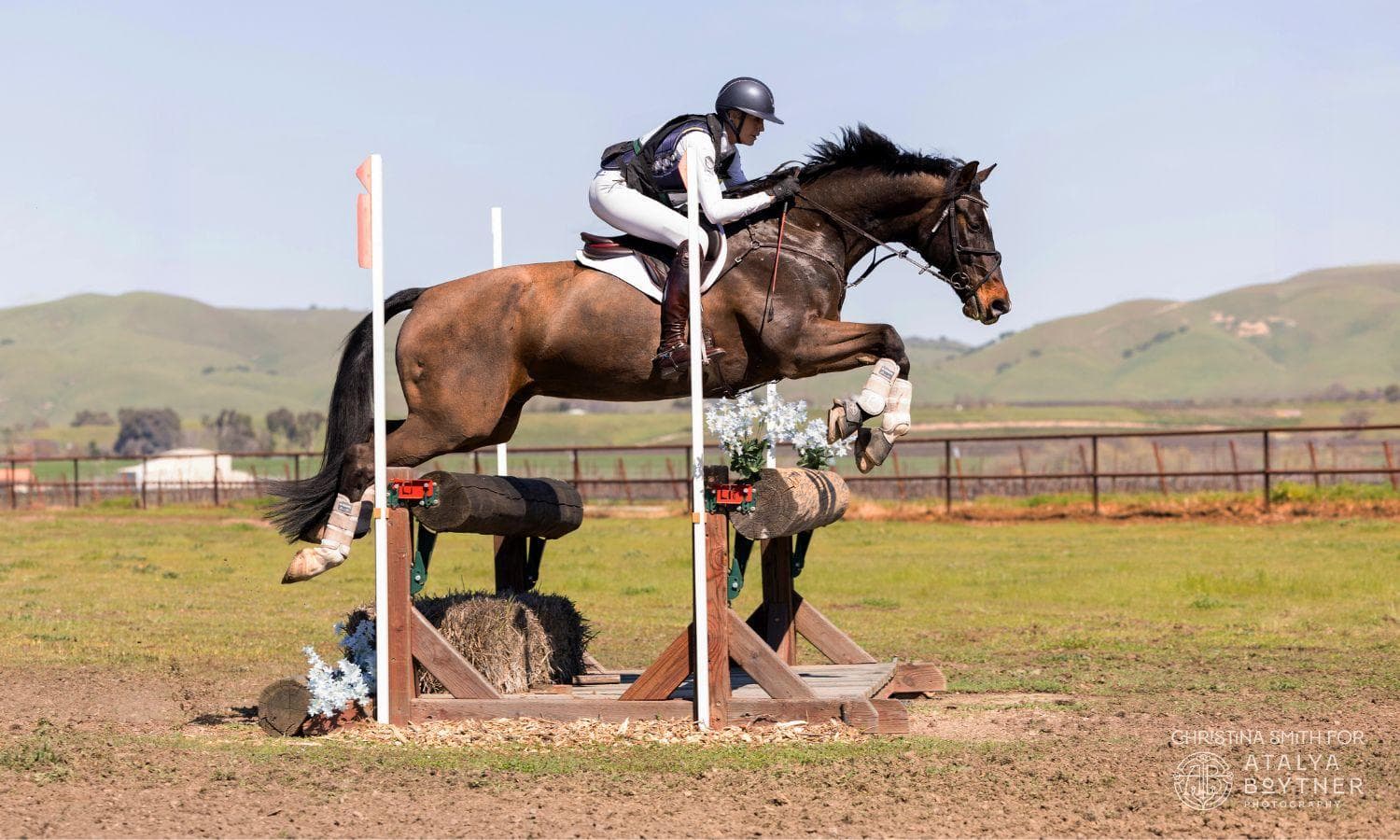Do You Want to Learn How to Think Like an Eventing Judge? Audit the Dressage Session II Training Program!

The USEA Training Program for Eventing Officials (TPEO) educates the next generation of officials, providing them with the skills they need to support the sport as licensed officials, including judges, technical delegates, and course designers. Competitions can’t occur without quality officials to ensure the safe running of events and that all safety rules and precautions are followed to the letter.
The Dressage Session II Training Program is a continuation of the Dressage Session I Training Program that was held earlier this year at Longwood Farm South, where Eventing Judges Janis Linnan and Loris Henry instructed attendees on the biomechanics of the horse and how it is reflected in the training scale of judging. Both training program sessions are required to obtain a “r” Eventing Judge license.
Marilyn Payne’s Applewood Farm in Califon, New Jersey is hosting the Dressage Session II Training Program May 7-8, 2018, and auditors are welcomed and encouraged. This two-day program continues to develop the judge’s eye by utilizing live horses/riders to ride both sections of tests and complete tests, which the prospective judges will score, comment on, and discuss. This is an excellent opportunity for those who want to get inside the judge’s head as well as see and hear the new 2018 USEF dressage tests dissected and explained by panelists Marilyn Payne and Cindy De Porter. Auditors may pay on-site if they wish, however, pre-registration is much appreciated.
Dressage Session II Training Program
May 7-8, 2018 | Applewood Farm – Califon, New Jersey | Click Here to Register
The United States Equestrian Federation (USEF) is responsible for the licensing of eventing officials and the USEA provides the training programs to fulfill the licensing requirements. Any questions about any of the licensing documents should be directed to [email protected].
For more information about the USEA Training Programs for Eventing Officials, please contact Nancy Knight at [email protected] or (703) 669-9997.
Additional information about becoming an Eventing Licensed Official, starting with “r” certification, can be found on the USEF website or at one of the following links:
Eventing Judge | Eventing TD | Eventing Course Designer
Want to support the education of the next generation of eventing judges, technical delegates, and course designers? Consider making a gift to the USEA Foundation Roger Haller Education Fund! An anonymous donor has put forward challenge and is inviting you to join in supporting the education of our officials by matching donations, up to $25,000. Click here for more information about this exciting initiative.















